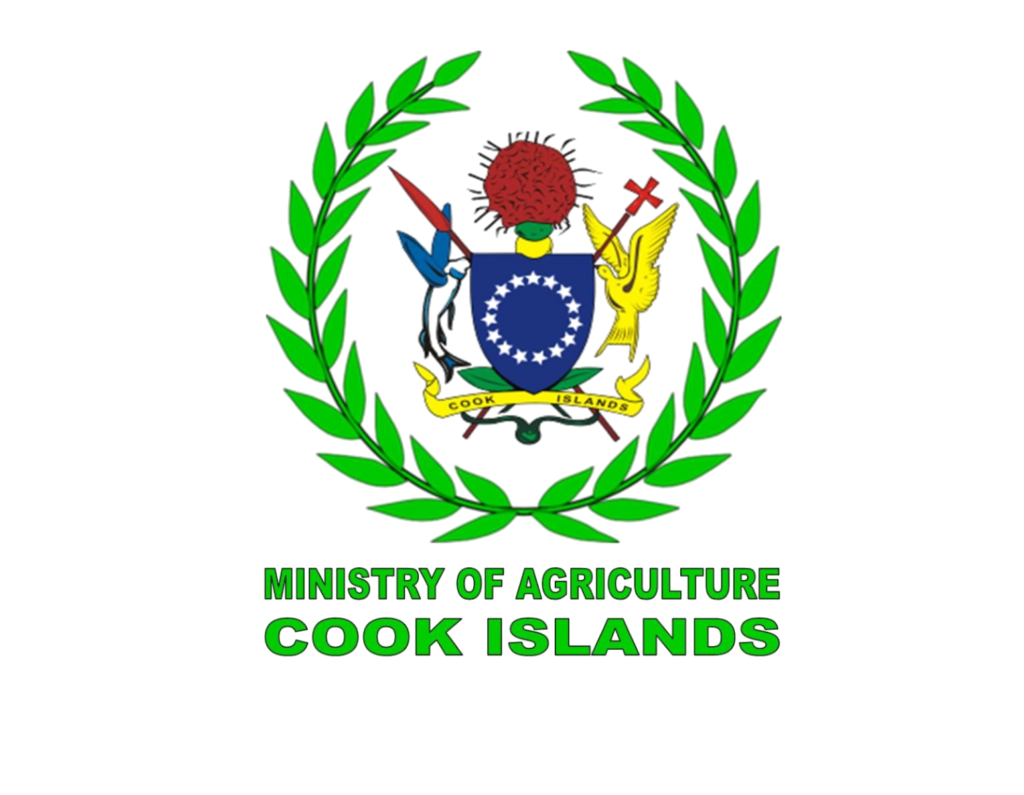Pressure for pesticides ban

Paraquat bans give new momentum to calls for Cook Islands to go organic.
Fiji has this month become the third Pacific Island nation in quick succession to restrict the pesticide Paraquat as well as the insecticide Imidacloprid.
Fiji’s agriculture minister Mahendra Reddy said the hazardous chemicals caused extreme effects on human health, such as injury to the eyes, nosebleeds, irritation, and burns.And Imidacloprid harms bees.
It comes just after two mayors the from the islands of Hiva Oa And Ua Huka in the Marquesas group issued a ban on all pesticides, joining a controversial campaign in France. And Samoa has restricted paraquat imports for some time.
The Pacific bans have given momentum to calls for Cook Islands to abandon chemical pesticides and herbicides, and become the first country in the world to go wholly organic.
Mary Tapurau Hosking lost six animals last year in what it believed to have been poisoning by a pesticide used by the neighbouring commercial grower. She is calling for all pesticides to be banned, “100 per cent.”
And Patricia Barton, president for the Cook Island’s veterinary clinic Te Are Manu, says pesticides are a major threat to local animals and people.
“When animals are brought into the clinic with pesticide poisoning they are very sick, they require around the clock care by our volunteers. If you have ever seen an animal that has been poisoned it is just horrible.They are completely vulnerable. Many die a very painful death.”
Two controversial pesticides, paraquat and Roundup, are still used in Cook Islands. Paraquat is a factacting toxic chemical herbicide primarily used for weed and grass control. In 2007 it was banned in the European Union, and in the United States has been restricted use by licensed applicators only.
It has been linked to Parkinson’s disease and was the second most commonly used means of suicide in
Fiji.
Danny Mataroa, president of Cook Island’s non-government organisation for food security and self-reliance Te Tango Enua, said some of the 300-plus growers in the network still used pesticides such as Roundup and its alternative, paraquat.
Many were in their 50s or 60s and still relied on the chemicals on their farms because it was effortless, he said.
“They can ban Roundup and paraquat but if the Government is serious about solving the problem they need to hire workers for agriculture,” he said. “That’s why it is hard for growers to make a stand. Because it’s not those two chemicals that is the issue, it’s the labour.”
Temarama Anguna, Secretary of Agriculture, said the ministry had worked with the Secretariat of the Pacific Community Land Resources Division and the Food and Agriculture Organisation on programmes on reducing the use of pesticides in agriculture.
In particular, those that are more harmful to humans and the environment including to pollinators like bees.“This agency is well aware of the dangers certain types and formulations of agricultural pesticides pose to the environment and non-target species and we continue to provide awareness trainings on the appropriate use of pesticides by farmers on both Rarotonga and the Pa Enua.
“Over the past 11 months, training has been conducted for both full and part-time commercial farmers and home gardeners. The Ministry will continue to provide such training and awareness to our farmers and communities while promoting organic crop production in the islands.”
But Anguna says there has been progression made in the move towards going organic and many farmers were jumping on board.
“For the past five or six years, Cook Islands Ministry of Agriculture has been proactive in the promotion of mineral oils, Neem oils and Dipel Bacillus thuringiensis var kurstaki as an alternative measure for the control of insect pests including aphids, whiteflies, leafminers, mites, mealy bugs, caterpillars and scales on food and ornamental crops.
“These are made available to home gardeners and commercial farmers on Rarotonga and the Pa Enua. The continuous efforts of the Ministry in promoting these organic pesticides has seen many farmers reduce their use of the more hazardous pesticides as they realise the benefits and effectiveness of such organic pesticides.”

